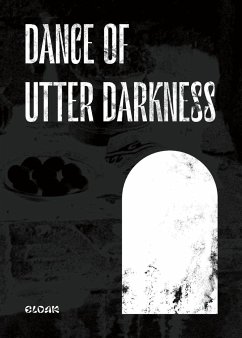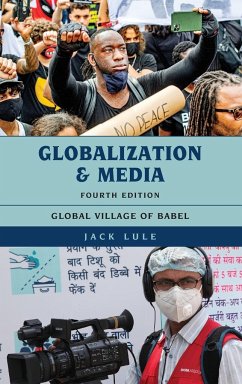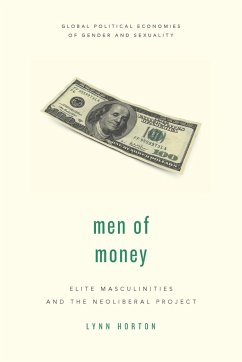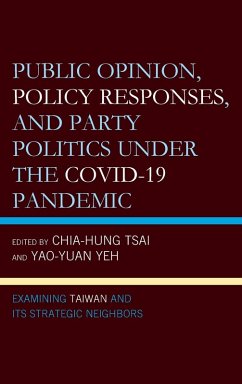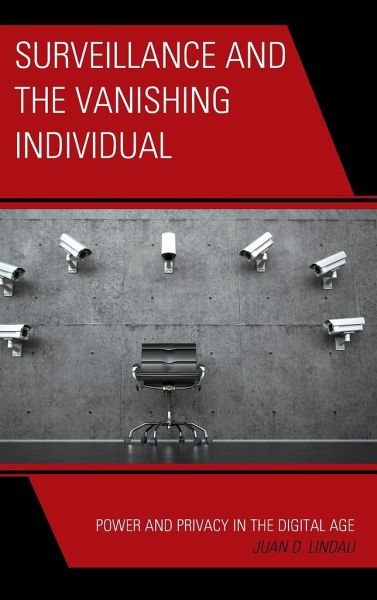
Surveillance and the Vanishing Individual
Power and Privacy in the Digital Age
Versandkostenfrei!
Versandfertig in 1-2 Wochen
110,99 €
inkl. MwSt.
Weitere Ausgaben:

PAYBACK Punkte
55 °P sammeln!
This book investigates the impact of the spread of digital technologies and practices, especially mass surveillance, on privacy and personhood. Lindau argues that the quest for prediction, certainty, and control at the heart of the state's security apparatus destroys an essential component of human dignity and fundamentally undermines liberalism.





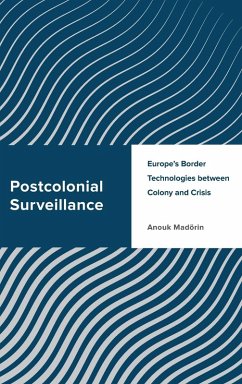
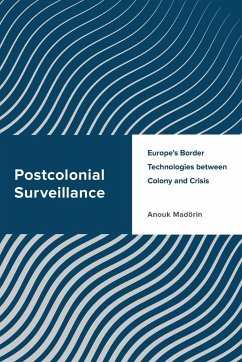
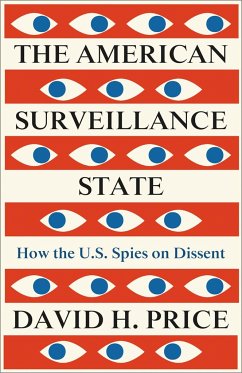
![Panopticon [fragments] Cover Panopticon [fragments]](https://bilder.buecher.de/produkte/68/68932/68932642n.jpg)

